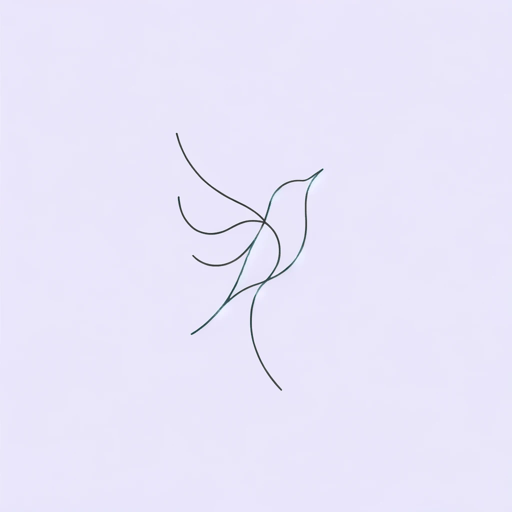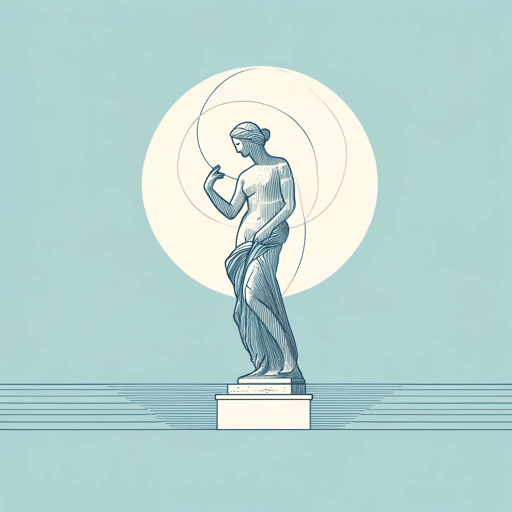22 pages • 44 minutes read
John KeatsOn First Looking into Chapman's Homer
Fiction | Poem | Adult | Published in 1816A modern alternative to SparkNotes and CliffsNotes, SuperSummary offers high-quality Study Guides with detailed chapter summaries and analysis of major themes, characters, and more.
Themes
The Ability of Art to Cause Epiphany
Written in the resonance of an epiphanic moment, “On First Looking into Chapman’s Homer” is a celebration of that moment, of the art which inspired it, and, in a broader sense, of the boundary-shattering nature of the aesthetic experience. The octave is comprised of John Keats’s exuberant declaration, straight-forwardly celebrating Chapman and the widening expanse of Homer’s domain. In the sestet, however, Keats carefully defines his feeling though his choices in the extended metaphor, and in so doing reflects a concept that was vitally important to the Romantic movement: the sublime. Put forward by Edmund Burke in 1757, the sublime came to indicate a moment in which the profundity of existence is realized by the meeting of the subjective-internal (human emotion) and the objective-external (nature, primarily). The idea appealed to the Romantics, who sought truthful subjective experiences outside the increasing urbanity of the Industrial Revolution. Visually, the notion was represented by placing a small figure in the foreground while a colossal natural landscape rolled out before them, such as in Caspar David Fredrich’s famous painting Wanderer above the Sea of Fog, painted in 1817, the year after Keats’s composition of “On First Looking into Chapman’s Homer.
Related Titles
By John Keats

Endymion: A Poetic Romance
John Keats

La Belle Dame sans Merci
John Keats

Meg Merrilies
John Keats

Ode on a Grecian Urn
John Keats

Ode on Melancholy
John Keats

Ode to a Nightingale
John Keats

Ode to Psyche
John Keats

On Seeing the Elgin Marbles
John Keats

The Eve of St. Agnes
John Keats

To Autumn
John Keats

When I Have Fears That I May Cease to Be
John Keats

